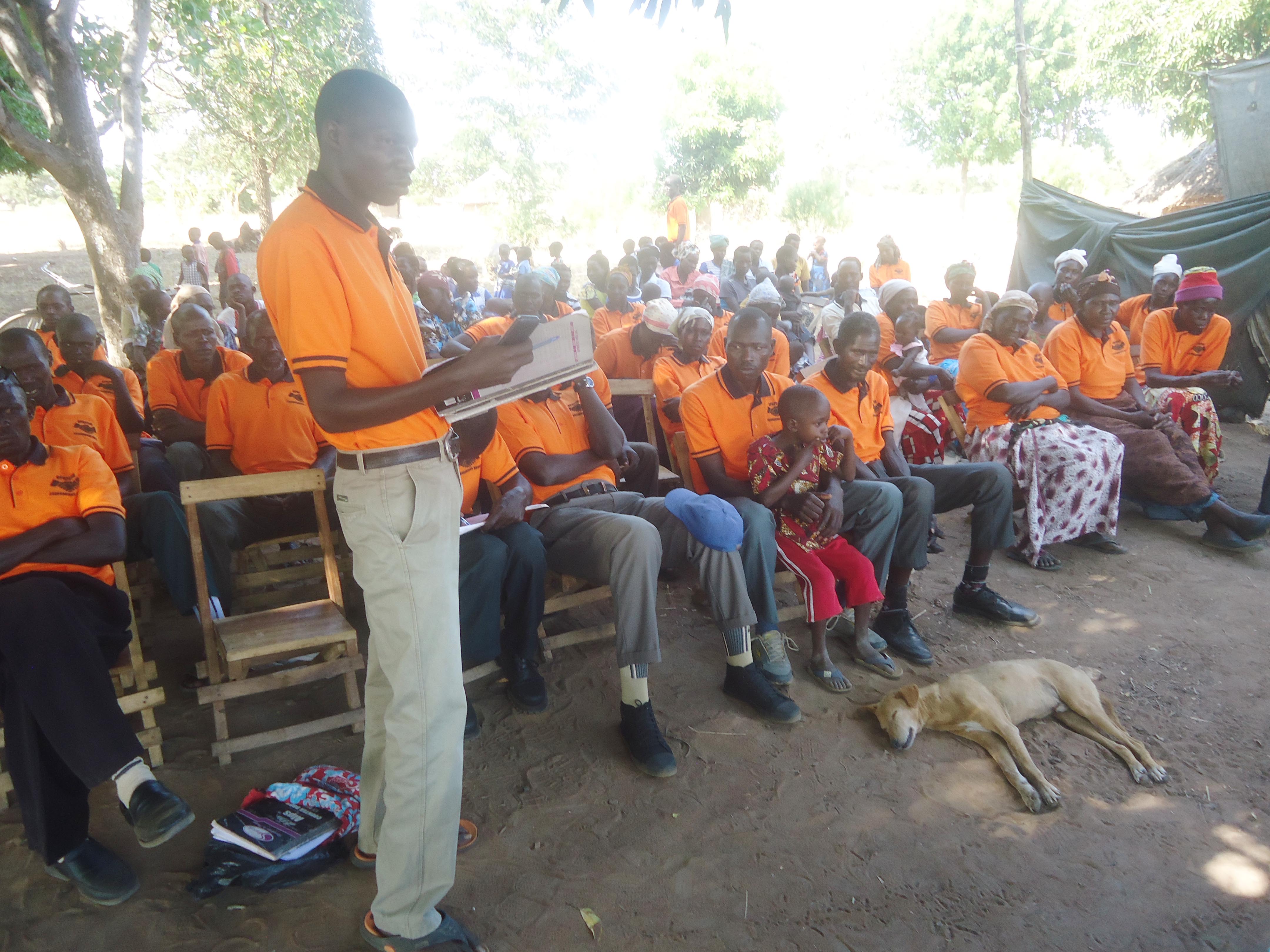Opapero Egangakinos Bonik Saving and Credit Cooperative Society (Sacco) in Katakwi district continues to assist members of the community by leading loans at the lowest interest rate to enhance savings and financial inclusion.
Whereas other saving and credit cooperative Societies across the country lend money to borrowers at an interest rate of 10 %, Opapero Egangakinos Bonik Sacco charges 5 % per month which is the lowest interest rate in the region.
This means that if one borrows a loan of Shs 100,000 from Opapero Egangakinos Bonik Sacco s/he will pay Shs 5000 as interest per monthly. What started as a self-help group in 2012 where members would save and borrow small amounts of money for self-development has now gradually grown into a big Sacco.
The idea to turn the saving group into a Sacco was considered in 2015 after a training conducted by the office of the district commercial officer. Members now save Shs 20,000 monthly as shares and borrow money for starting up income generating ventures such as business among others. Charles Edangat, the Sacco chairman said the Sacco was formed to break the barriers posed by the majority of money lenders.
“Opapero Egangakinos Bonik Sacco was formed in order to address the financial needs we were facing as a group. The founding members were all youth both graduates and dropouts and we had difficulties accessing loans from banks because of the existing stringent requirements that mainly favored individuals with pay slips and other assets,” he told the cooperator. Edangat said the Sacco has opened a common bond and is now targeting all members of the community both in formal and informal employment to enable them to save and borrow money.
He noted that the Sacco is now a game changer as it has debunked the notion of the majority of Saccos as a preserve for older people something which has made the majority of them not to subscribe to Sacco memberships.
According to the statics available, very few youths are Sacco members something which is really worrying about the Ugandan youth future financial security. But George William Oitakor, the Sacco secretary said the Sacco will try its level best and educate the youth on the importance of embracing a saving culture.
“Savings is not a very attractive thing to do especially when in the freelance sector and you are young. But we believe that we need to undertake more member education on the importance of savings and having a longer-term approach to growing savings for investment,” he said. Oitakor explained that since the Sacco is youth owned and the majority of the shareholders are less than 35 years, it serves their needs.
He admits that due to lack of jobs, entrepreneurship remains the solution to address high unemployment levels among the youth. The secretary added that the Sacco whose total assets has hit Shs 100 million gives both short time and long term loans as from Sh30,000 to Sh1.5 million to enable the members to address their financial challenges.
Oitakor expressed optimism in the Sacco and adding that he and his fellow youth are ready to take the mantle to sensitize members if the community on the importance of Cooperatives. In an interview with the Cooperator, the majority of the youth admitted that the Sacco has enabled them to start up income generating activists through giving out loans at a subsided interest rate.
“Before Opapero Egangakinos Bonik Sacco came into exists getting a loan was a nightmare for a majority of us in this community as they feared to get a loan with an interest of 10 %, said Moses Ojakor one of the Sacco members. He intimated that with Opapero Egangakinos Bonik Sacco in place many people now borrow loans at easy because of the low-interest-rate charged.
John Robert Itapit said they are willing to start their own business but lack of capital has remained the big challenge for them thus need for members of the community to embrace Saving and Credit Cooperative Society.
The Unemployment Rate in Uganda
The latest survey, the unemployment rate in Uganda increased to 2.10 percent in 2017 from 2 percent in 2016. Uganda’s employment rate averaged 2.38 % from 1991 until 2017, reaching an all-time high of 3.5 % in 2002 and a record low of 0.94 % in 1991.
